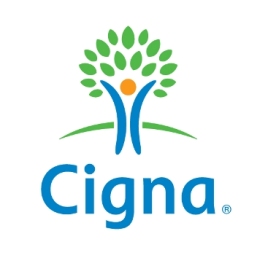Cognitive Analytic Therapy (CAT)
What is Cognitive Analytic Therapy?
Cognitive Analytic Therapy (CAT) is an integrative approach to therapy. It focuses on the difficulties that bring a person to therapy ('target problems') and the patterns of relating to oneself and others which underlie these. It incorporates elements of analytic therapy and cognitive therapy, and so provides an opportunity to address both the origins of personal difficulties and how they are maintained in the here-and-now.
CAT is a collaborative therapy. The client and the therapist work together to make sense of personal difficulties and find ways of making changes for the better. Particular attention is paid to early-life experiences and childhood relationships, and those these play out in daily life (including the relationship between therapist and client). In doing so, unhelpful patterns of relating to others can be identified, understood and changed for the better.
What can CAT help with, and does it work?
Research indicates that CAT is effective in treating a variety of problems including eating disorders, personality disorders, and relationship problems. It is supported by NICE guidelines and is a recommended therapy for difficulties including eating disorders such as anorexia nervosa and relationship problems, amongst others.
CAT is grounded in both cognitive and psychoanalytic models of therapy, and is tailored to the needs of each individual client and their specific goals. It is a time-limited treatment and is typically provided over 16 to 24 sessions.
How does CAT differ from CBT?
Whilst CAT and CBT both focus on how an individual thinks and behaves, CAT places greater emphasis on how an individual relates to and perceives other people. For this reason, CAT is well suited to personal difficulties which arise in close or intimate relationships.
Whilst both CBT and CAT focus on how problems have developed, more emphasis is placed on early life experiences in CAT. As such, it can be an effective approach to treatment when experiences of childhood trauma or adversity are a key issue.
The relationship between the therapist and the client is key in CAT, insofar as this can provide insights into the nature of personal difficulties and allow the client an opportunity to try out new ways of relating to others.







